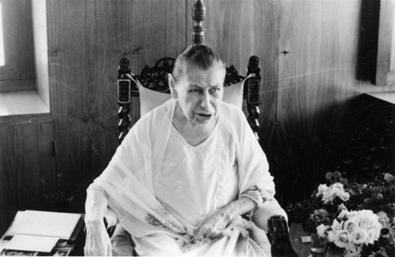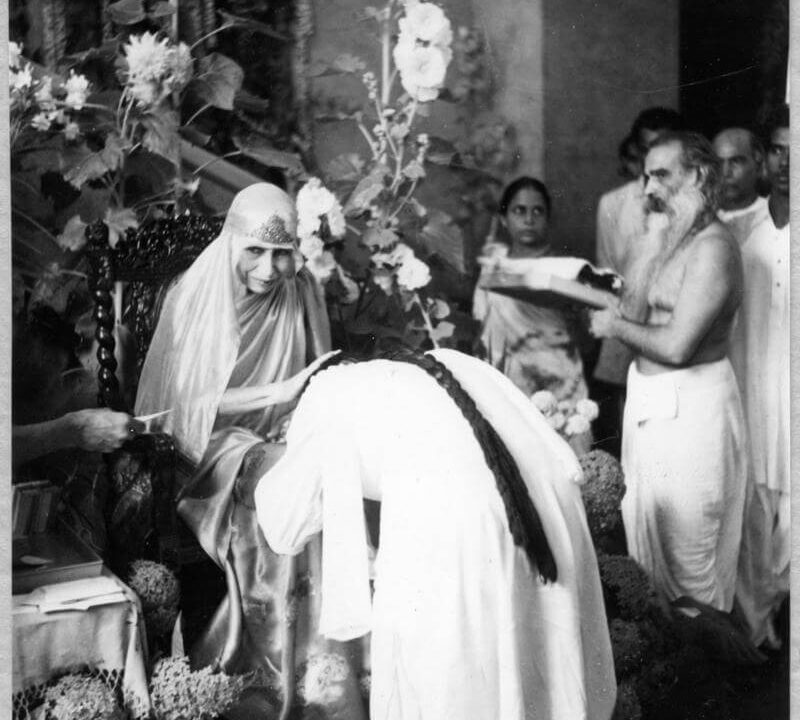Four Necessities of Human Life

Thy sweetness give to me for earth and men
05/07/2020
When something seems completely unacceptable or ridiculous
05/09/2020Indian religion placed four necessities before human life. First, it imposed upon the mind a belief in a highest consciousness or state of existence universal and transcendent of the universe, from which all comes, in which all lives and moves without knowing it and of which all must one day grow aware, returning towards that which is perfect, eternal and infinite. Next, it laid upon the individual life the need of self-preparation by development and experience till man is ready for an effort to grow consciously into the truth of this greater existence. Thirdly, it provided it with a well-founded, well-explored, many-branching and always enlarging way of knowledge and of spiritual or religious discipline. Lastly, for those not yet ready for these higher steps it provided an organisation of the individual and collective life, a framework of personal and social discipline and conduct, of mental and moral and vital development by which they could move each in his own limits and according to his own nature in such a way as to become eventually ready for the greater existence. The first three of these elements are the most essential to any religion, but Hinduism has always attached to the last also a great importance; it has left out no part of life as a thing secular and foreign to the religious and spiritual life.
Ref : The Renaissance in India




